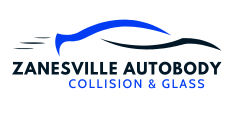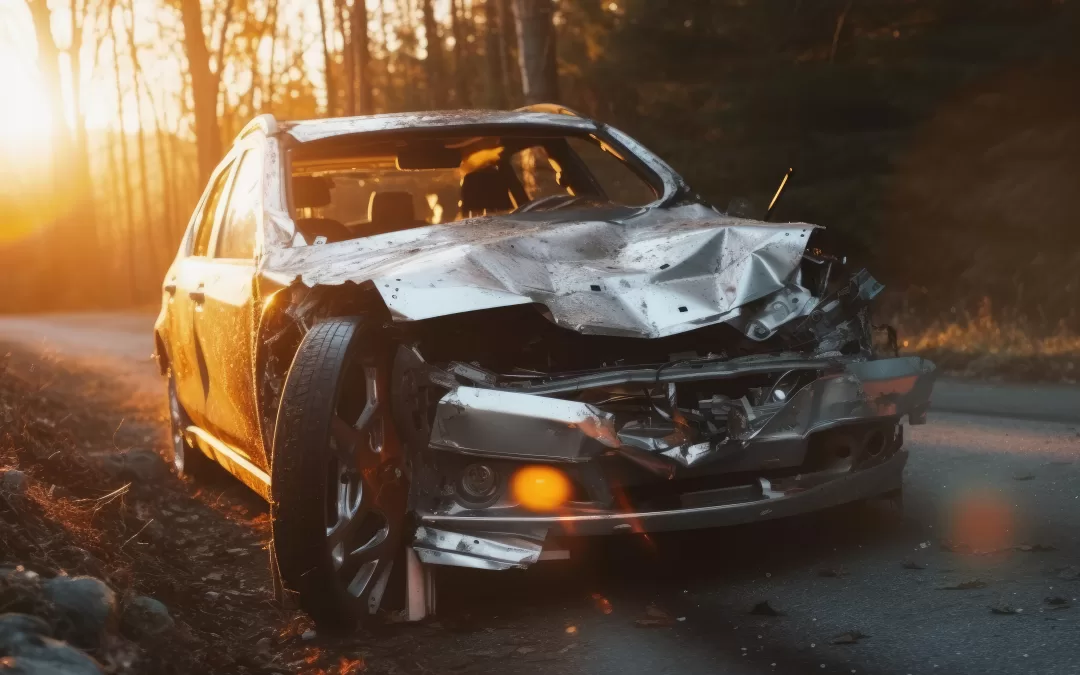When you set out to find a body shop ‘near me’, instead of going strictly by price, look for a quality auto body shop that offers affordable services and guarantees quality certified work. Cheap body repair can sometimes translate to poor quality work which doesn’t meet minimum safety standards and may promote more damage or another accident.
You may initially wish to use your regular auto mechanic to correct autobody damage, since you already know and trust them. They may be up to date on their mechanical safety certifications, but unfortunately, the mechanic who fixed your broken A/C system last summer might not be qualified to repair the exterior or framework of your car. Auto body repair can be expensive, adding sharply to the cost of car ownership, but going with the cheap option may not be the best idea.
Unlike general mechanic centers, auto body shops work on the exterior of vehicles. Common jobs they tend to perform include repairing or replacing bumpers and panels after collisions, repairing dents and repainting a car’s body, and ensuring the frame of your vehicle is road worthy.
Here’s what you need to know when looking for a reliable auto body shop.
What type of auto body repair do you need?
To get the right repair at the right price, you’ll first need to select the right type of shop — the best business to fix a dime-sized dent may not be the one you’d choose to correct a mangled bumper.
The most common types of body shops are:
- Dealership repair shops, which specialize in your brand of car.
- Independent body shops, which are small businesses that can repair most body damage.
- Specialty body shops, which tend to specialize in repairing luxury, classic and high-end sports cars.
- Paintless dent repair services, which can repair minor dents when the paint doesn’t need to be touched up. Sometimes, these services can be completed in your driveway by a mobile repairer.
Labor rates and available parts will differ from one type of shop to another. Knowing the type of collision shop you want to use can help you adjust your expectations before talking with a manager or technician.
Once you know what type of repairs you need, you’ll want to consider if you’ll be filing an insurance claim. Most insurance companies want you to use a quality auto body shop that works with them regularly. While this isn’t mandatory, it can simplify the process for you.
What affects the cost of auto body repairs?
The price of auto body work depends on several factors.
- The work being performed. Having a dent repaired or a scratch repainted will cost less than having an entire side panel replaced after a collision.
- The vehicle make and model. The newer and more luxurious the vehicle, the more expensive the work is likely to be. This is also true for foreign vehicles. That’s because parts and paint tend to be more expensive for such models.
- Individual shop rates. The labor rate you pay and the cost of parts can vary from one shop to the next. This can change according to your location and the tech’s experience.
For more information on what affects the time cost of an auto body repair, check out our previous post, How long does an auto body repair take?
Where to Find a Quality Auto Body Shop
It’s advisable to research more than one auto body repair shop. It’s a good idea to get several estimates from different shops to ensure you’re paying a fair price for the work.
You could go from place to place, getting several estimates, but let’s be real: Time is money and that could take all day — maybe several days. To get a start on picking an auto body shop, narrow your list down to two or three shops you’ll get estimates from.
Personal Recommendations
Word of mouth can be your best friend here. Whittle down your list by asking for referrals from friends, family, coworkers and neighbors about a shop in your area. Be sure to ask about their customer service experiences, the quality of work at the autobody shop and time it took to repair the damage.
If you’re going to be filing an insurance claim, ask them if they went through insurance and how that experience was for them. Take special note of whether the body shop they recommend offers rental cars, has certified technicians, and stayed in touch with them throughout the repair process.
Website reviews
Look for reviews for body shops on Yelp, Angie’s List and Google. Even the best shops will have an occasional unhappy customer, so focus on trends within reviews. Look for any overall positive ratings for shops you haven’t heard of, and check for trends in negative reviews of shops you’ve been referred to.
Publications and sponsorships
Pay attention to auto body shops that advertise in publications like your local newsletter or sponsor events around town. While they are aiming to get more business with the ads and sponsorships, seeing auto body shops mentioned outside of their own employees is a good way to start a list of potential shops.
What to look for
Once you have your shortlist of shops, start with the front-runner; you might feel good enough about the first shop that you go ahead without getting a second estimate.
Promising visual cues that are a sign of a professional auto body shop include:
- Clean, modern facilities. It should be obvious that the manager or owner takes pride in their shop.
- Technicians’ training certificates on the wall. If you don’t see any posted, ask their representative about specific experience and training.
- Certificates will show you that a body shop has met the highest standards. These can include AAA’s Approved Auto Body Repair, I-CAR Gold Class, ASE Blue Seal of Excellence.
What to ask
Before you agree to allow the collision shop to repair your car, take the time to get information about what you can expect from their services. Questions to ask might include:
- Does the shop guarantee its work or offer lifetime warranties? Not all do, but the warranty reflects the quality of materials and paint. If you want a repair that will last the lifetime of the car, ensure the warranty offers that guarantee.
- Has your chosen autobody shop worked on your make and model of vehicle before? Not all auto body shops can repair every vehicle. Talk with them to ensure they have the experience to work on your particular vehicle.
- Will the body shop use OEM, aftermarket or used parts? This will heavily affect cost — but you might not want to scrimp here. Though OEM parts are more expensive, some experts recommend them for collision and other auto body repairs.
- Can they itemize your estimate? Most auto body shops will offer free estimates after looking at your vehicle, and they should provide you with an itemized estimate that shows the cost of labor along with the costs of parts and material. Separating the costs for parts and labor can help you compare in an apples-to-apples manner.
- Can they match estimates within reason? If two estimates are very different, however, compare them closely — the cheaper shop might be cutting corners.
Compare your notes
After talking with a few auto body shops, compare your notes to see which one looks like the best option. Things to consider are estimates of work, estimated time for the repair, availability of OEM or aftermarket parts, and technician training and experience.
Don’t overlook your own gut feelings when it comes to working with a shop. If you have a bad feeling when talking with a technician or shop manager, that might be a sign to avoid their services regardless of how good of a deal they offer.
Ohio Drivers: Contact Zanesville Autobody for Your Auto Body Repair
This article was originally published by Zanesville Autobody Collision and Glass, LLC, a member of the Autobody of Ohio family of auto body shops. If you are in Ohio and looking for a quality autobody shop “near me”, we are here to help you. We’ll make your car like new again!
Zanesville Autobody Collision and Glass
1152 Newark Road
Zanesville, Ohio 43701
Phone: (740) 487-3111
Fax: (740) 888-3500

